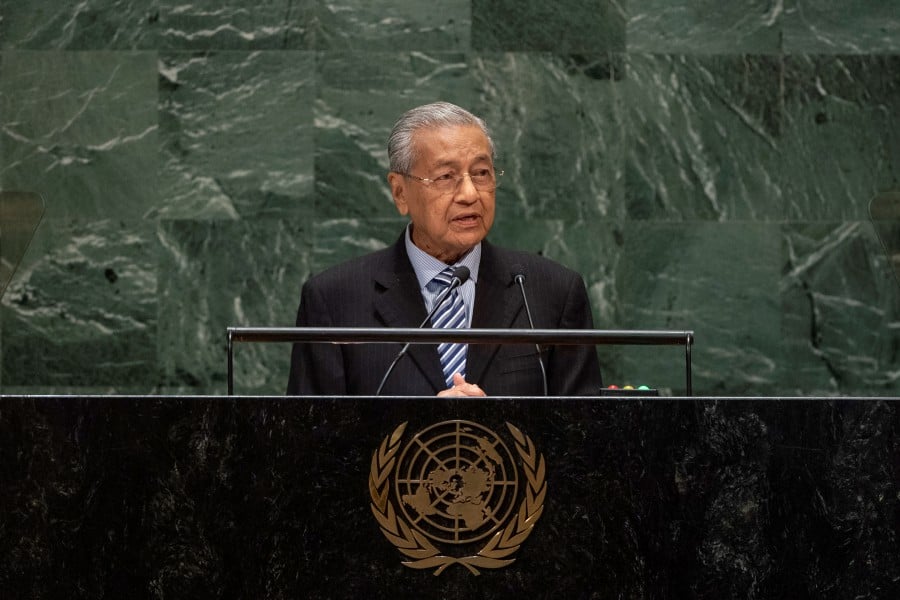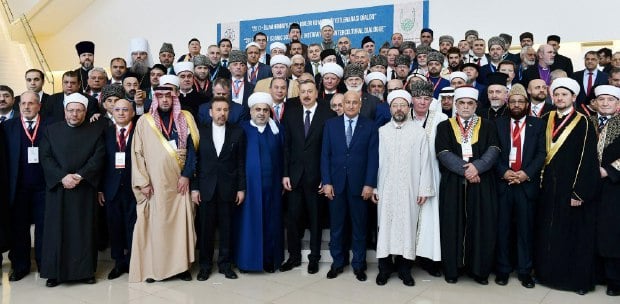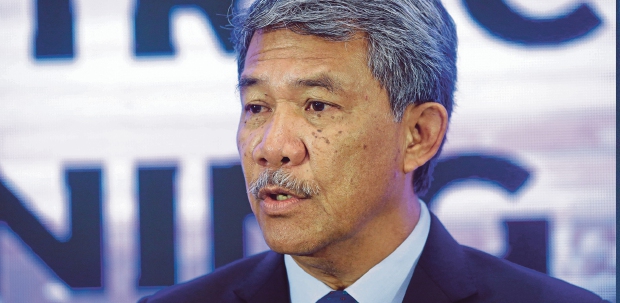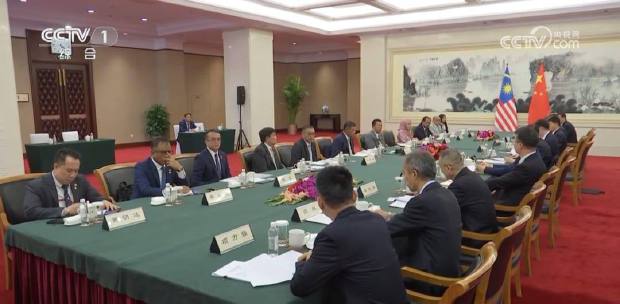NEW YORK CITY: Malaysia, Pakistan and Turkey plan to establish an English television channel to combat Islamophobia in the West, Prime Minister Tun Dr Mahathir Mohamad said.
The proposal was made at a meeting between Dr Mahathir, Turkish president Recep Tayyip Erdogan, and Pakistani premier Imran Khan on the sidelines of the 74th United Nations General Assembly here this week, he added.
“We felt that many reports about Islam and Muslims were inaccurate, and do not portray what Islam preaches. They label Muslims as terrorists for example, and the world accepts it as the truth when Islam is not a violent religion.
“We feel there must be an effort to explain what Islam is so that there is no confusion and it won’t be accussed as a religion that promotes terrorism,” he said at a press conference with Malaysian media on Saturday.
Dr Mahathir said the effort will be spearheaded by the Information Departments of the three respective countries.
Wrapping up his five-day working visit, the prime minister said he had the opportunity to speak at the UN and meet with many investors and officials.
“Although the time given was only 15 minutes, I spoke for 30 minutes and nobody objected. I noticed that our views were well received by many in the hall, including our criticism about Israel and Palestine, climate change, and the boycott against our palm oil,” he said.
Dr Mahathir said during his bilateral meetings with investors and foreign leaders, they generally wanted to know more about the situation in Malaysia and its policies.
“They also asked our view on China. They appeared to be impressed with our capability to reduce the East Coast Rail Link (ECRL) contract by RM20 billion.
“Perhaps what we did will encourage other countries that have many debts with China to also try and reduce their borrowings,” he added.
The government undertook a review and renegotiated the ECRL contract with China earlier this year, bringing its costs down from RM65.5 billion to RM44 billion.
The Rohingya crisis, meanwhile, did not appear to gain much resolution at the UN this time around.
“While they all condemn from outside, the Myanmar government seems unfazed by the condemnation and accusations. They still say this is their effort to fight terrorists.
“This is what disappoints us because we know what happened is genocide, an attempt to eliminate an entire race,” he said.
Asked if he expects Myanmar to react negatively to his comments at the UN, Dr Mahathir said he had earlier written to Myanmar State Counsellor Aung San Suu Kyi to not support what was happening in Rakhine State.
“My letter was never replied and she appears to support the military’s actions,” he said.
Dr Mahathir, who has been to the UN General Assembly 11 times, said the international organisation has succeeded in its health and socio-economic efforts, but is toothless when it comes to defending those oppressed, tortured or chased out by cruel regimes.
Meanwhile, Dr Mahathir said he also welcomed efforts by American technology companies to rejuvenate the Multimedia Super Corridor (MSC), a project he set up in 1996 but was not prioritised under the two administrations that succeeded him.
The MSC was a crucial programme to accelerate the Vision 2020 objectives, and had attracted the interest of many large global information technology companies.
“Every year we had a meeting with these MSC advisors. They (American tech companies) felt this is a good effort and are ready to help. We will contact these companies individually and try to get their advice,” he said.






